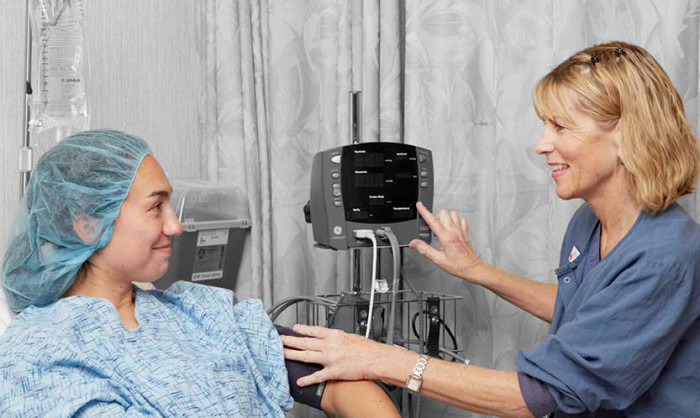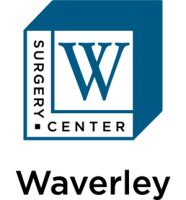Surgery Preparation

Your individual physician will instruct you on how to best prepare for surgery. Here are some of the most common questions you want to be sure to understand to minimize post-surgery stress:
- When may I shower after surgery?
- What should I expect the week following my surgery?
- When and how should I change the dressing?
- Are there any signs or symptoms I should be aware of following my surgery?
- When may I resume normal activities?
- Are there any specific instructions for food and drink before and after my operation?
Patients with Physical, Intellectual, and/or Developmental Disabilities and Patients Cognitive Impairments
The presence of a support person is essential to patients with physical, intellectual, and/or developmental disabilities and patients with cognitive impairments. CDPH recommends that one support person be allowed to be present with the patient when medically necessary. All patients must receive a Negative COVID test before coming to the surgery center for a procedure/surgery. If a support person is required, they will be required to receive a Negative COVID test as well.
In Advance of Surgery
Pre-Operative Phone Call
If you are having surgery, our staff will attempt to call you 1–3 days before your procedure to review your health history. If we are unable to reach you, our nurses will request this information when you check in for surgery.
Transportation and Parking
Complimentary valet parking is available underneath the surgery center off Waverley Street. An adult must drive you home and should stay with you for 24 hours following surgery. If you have young children, arrange in advance for their care as well. You may take a taxi if an adult accompanies you, or you may hire a medical transport company if they provide at-home care once you are discharged from our facility.
Medications
Talk to your doctor in advance about any medications you may be taking. If your doctor gives you a prescription for pain medication, it is best to have it filled prior to your surgery. Please let your doctor know if you are an insulin-dependent diabetic or have a latex allergy. It would be extremely helpful and expedite your admission process if you could bring a list of all your medications with doses, including herbs, vitamins and diet supplements, to the center.
Food and Drink
Your doctor will instruct you to do one of the following:
- Adults and children should not eat any food/solids after 10 pm the night prior to surgery. You may have clear liquids up until 3 hours prior to your procedure. Clear liquids include water, fruit juices without pulp, 7-Up, ginger ale, and coffee or tea without milk.
- Formula must be stopped 6 hours prior to surgery. Infants and children should have no breast milk for 4 hours prior to surgery. Clear liquids may be continued up until 3 hours prior to surgery.
- Patients undergoing a pain medicine procedure who require sedation should not eat solid food, but may drink clear liquids up to 2 hours prior to the procedure.
- Colonoscopy and upper endoscopy patients should follow the specific prep instructions provided by your doctor.
Check with your doctor in advance regarding which dietary instructions apply to you. All patients should refrain from smoking after midnight the night before surgery.
Day Of Surgery
Medications
If you normally take blood pressure, heart or seizure medication in the morning, take it with a sip of water on the day of your surgery as directed by your physician. Do not take any diabetic medications or use insulin the morning of surgery unless specifically instructed to do so by your anesthesiologist. If you use an inhaler or migraine medication, please bring them with you to the Surgery Center.
Attire
Please wear loose, freshly laundered clothing to ensure your comfort. Please do not bring any valuables with you, with the exception of a method of payment if necessary. Please refrain from using lotion, oils or perfumes after bathing, and remove nail polish if you are having hand or foot surgery.
Pediatric Patients
A parent or legal guardian must remain at the Surgery Center at all times when a child under the age of 18 is having a procedure. You may be with the child before and after the procedure. Two adults should accompany the child home — one to drive and one to take care of the child.
